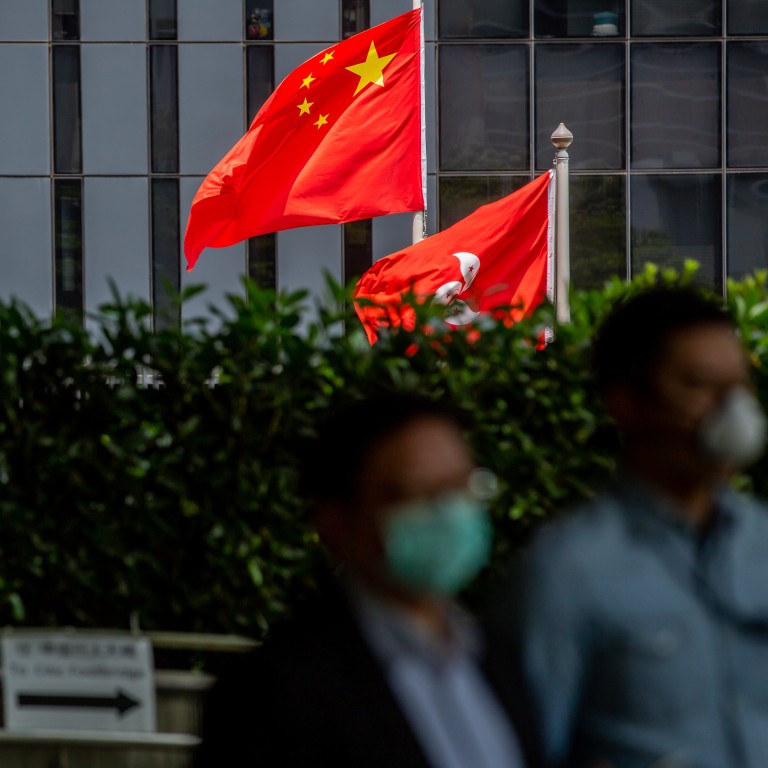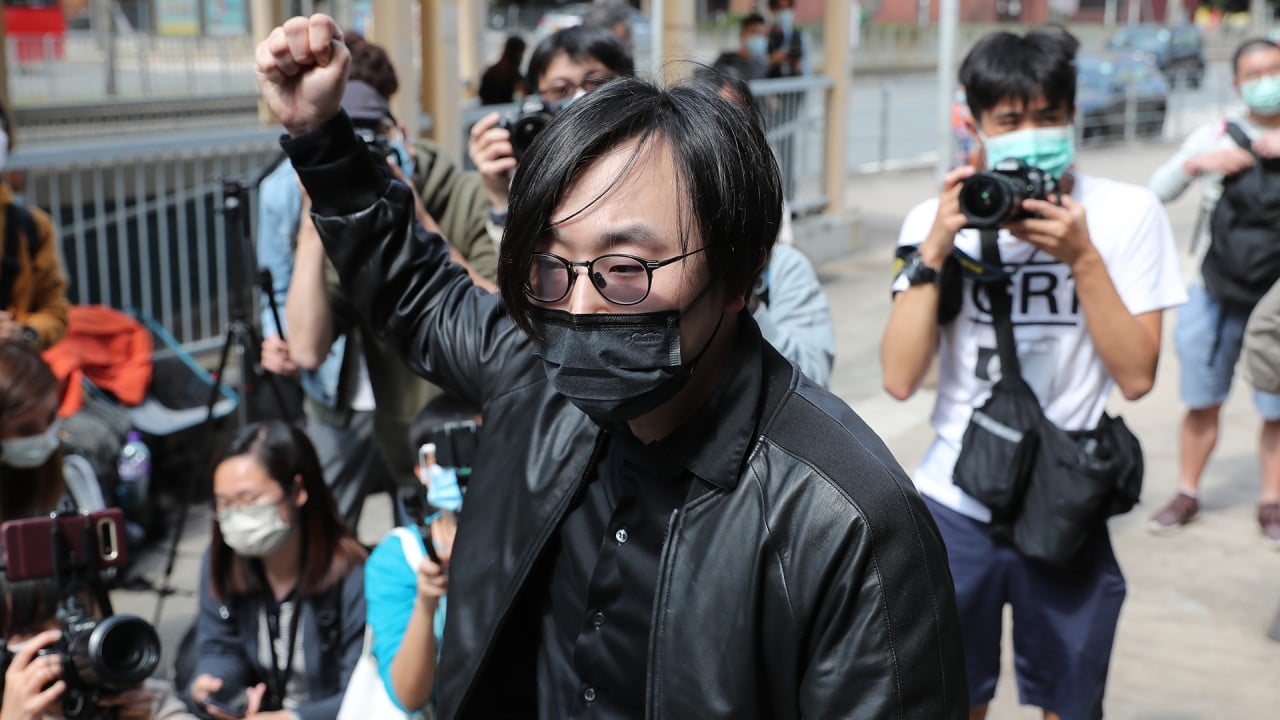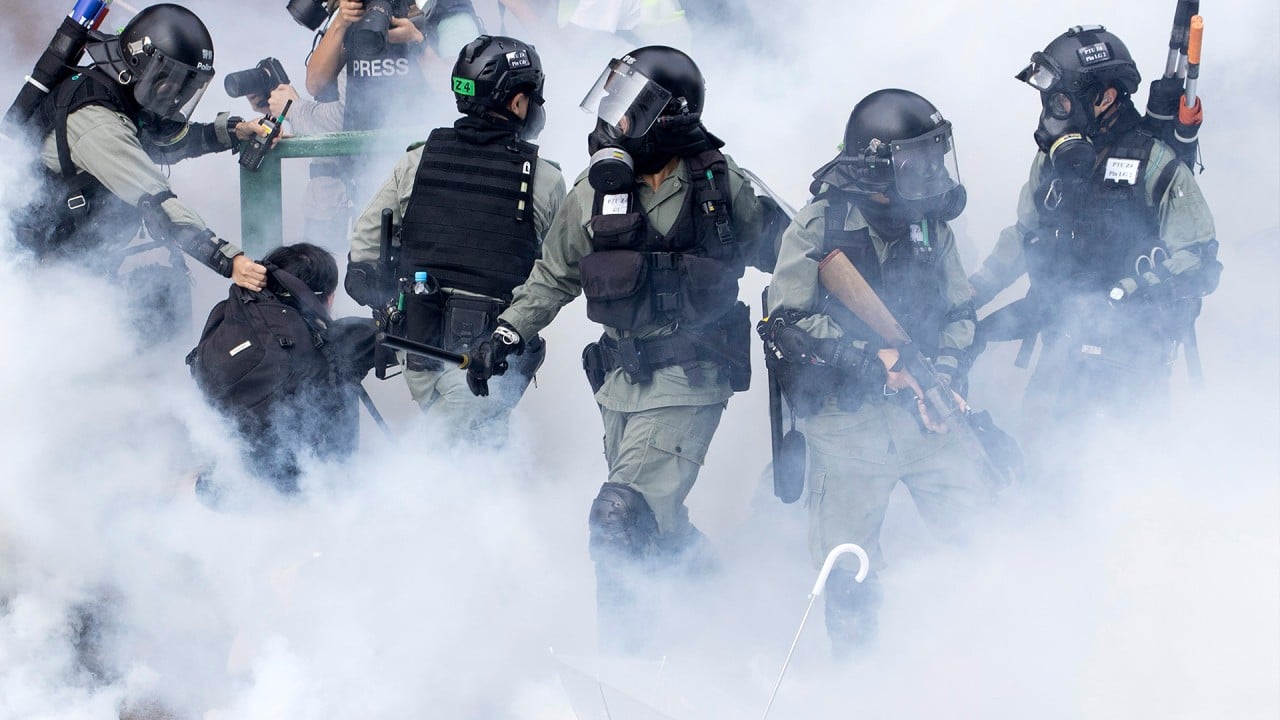
Hong Kong patriots: vague definition will leave door open to Cultural-Revolution-style attacks
- A Beijing-ordered overhaul of Hong Kong’s electoral structure, set to be unveiled at the two sessions, will centre on a wide-ranging requirement of patriotism
- This can easily be used by Beijing loyalists as a pretext to target opponents, as illustrated by the recent attack on a Hong Kong official
Now the blue ribbons, who comprise Beijing’s loyalist camp, say I have defected to the pro-democracy’s yellow camp, which opposes Beijing’s tightening grip on Hong Kong.
I support both democracy and Beijing’s sovereignty over Hong Kong. They are not mutually exclusive. Beijing, obsessed with the false belief that an independence movement has taken root, doesn’t seem to grasp that. Its tightening grip is choking off hope of real democracy.
It means preserving our free way of life that allows independent thought, a lively media, and right to protest. That’s what earned Hong Kong global admiration. But the Post headline, although recent, belongs to the halcyon days.
One possible change is to neuter the district councils, which the opposition controls after a 2019 election landslide, so that its members can no longer be part of the Election Committee that selects the chief executive.
Hong Kong patriot games: can critics survive the system?
Loyalists such as former Legco president Rita Fan Hsu Lai-tai and Legco member Priscilla Leung Mei-fun have suggested election candidates should be vetted before being allowed to run. What next? Patriot tests for teachers, parents, even street cleaners? Don’t these loyalists know that, in rushing to prove their patriotism, they are betraying the Hong Kong values they grew up with?
Pro-Beijing legislator Regina Ip Lau Suk-yee defended her by pointing out a pending court case tied Lau’s hands. Ip urged against launching Cultural Revolution-style attacks.
I applaud Ip but fear Cultural Revolution-style scapegoating will come now that Beijing has declared only patriots can govern, without a clear definition. Keeping the democracy hope alive is fast becoming a fool’s dream.
Michael Chugani is a Hong Kong journalist and TV show host



